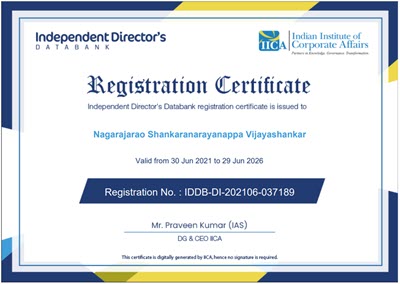It appears that the Personal Data Protection Bill 2019 is stuck with the Covid lock down of the Parliamentary activities. According to a report from Media Nama sources , there is a technical objection to use of “Virtual meetings of the Parliamentary committee”. This is touted as violation of the “Parliamentary Privileges”.
While this argument may suit all those who want the Government to remain dysfunctional, it is time to question this concept. Medianama quotes its “Anonymous Sources” (which itself is a breach of parliamentary privilege) that virtual meetings cannot take place because it will introduce a third party into the activity which is the video conferencing platform.
It is a ridiculous argument when the Supreme Court itself has adopted “Virtual hearings” as part of its activities and Parliamentary proceedings are broad cast live across the globe.
The argument is suggesting a surrender of democracy to Covid and has to be defeated.
I hope that the JPC will not allow this argument to prevail and adopt Virtual meetings as part of its procedure. The video platform can be managed by NIC and a separate server within the Parliamentary building can be set up for the purpose. The connections can be on a VPN so that it is encrypted from the user’s end to the server. The depositions can be conducted in such a manner that streaming video is pushed from the user’s application to the server and the session of a deponent is closed after his deposition is over. A secure app based browser can be used to retain confidentiality and authenticity.
It is time the MeitY should provide the confidence to the Parliamentary members and the Speaker that we have the technology to create a secure virtual arrangement and conduct the proceedings.
Naavi










